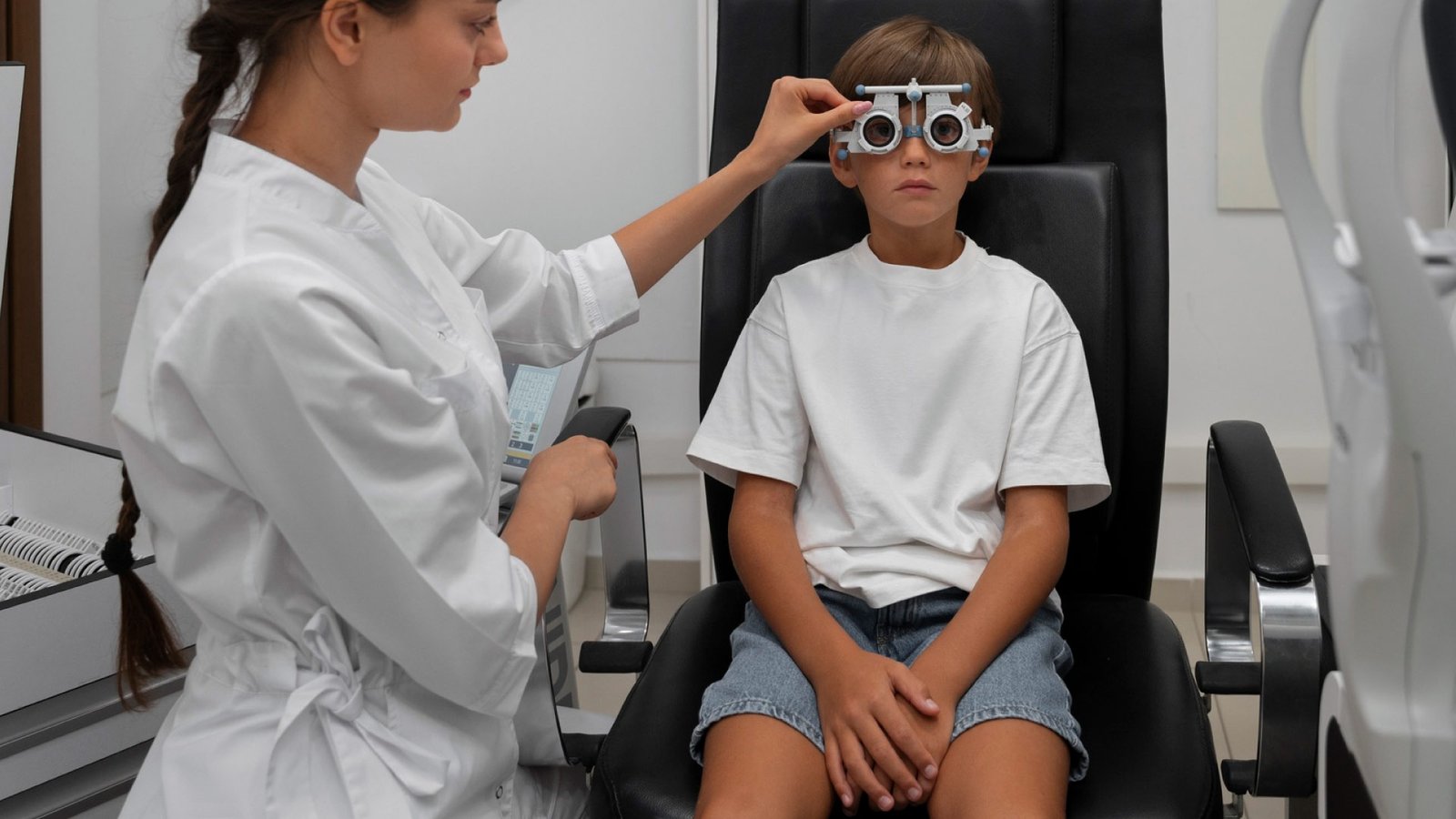Raytone Biotech, a clinical-stage biotechnology company dedicated to innovative ophthalmic therapies, announced that it successfully completed the first patient dosing in its clinical trial of RTP-008 during Q2 2025. RTP-008 is a bioabsorbable tacrolimus lacrimal canaliculus plug for the treatment of dry eye disease (DED). The milestone was achieved at Beijing Tongren Hospital, Capital Medical University, a leading ophthalmic research institution in China.
The trial was conducted by Professor Ying Jie, Director of the Ophthalmology Center, and Professor Lei Tian, Deputy Director of the Ophthalmology Center. The first enrolled patient, diagnosed with moderate-to-severe DED, tolerated the procedure well with no significant adverse reactions observed post-administration.
Unmet Needs in DED Management
Dry eye is a multifactorial disease of the ocular surface characterized by a loss of homeostasis of the tear film, and accompanied by ocular symptoms, in which tear film instability and hyperosmolarity, ocular surface inflammation and damage, and neurosensory abnormalities play etiological roles. Restoration of tear film homeostasis is the ultimate goal in the management of DED, and this involves breaking the vicious circle of the disease. Determining whether the major cause(s) of an individual’s DED pertains predominantly to aqueous tear deficiency or to evaporative causes, or both, is critical in helping select the most appropriate management strategy.
Management of DED is often complex. The challenge remains to develop management and treatment strategies that are not overly complicated for our patients. The heterogeneity of the DED patient population mandates that practitioners manage and treat patients based on individual profiles, characteristics and responses.
Current clinical approaches include physical interventions (e.g., punctal occlusion) and pharmacological therapies (e.g., artificial tears and anti-inflammatory agents). For patients with moderate-to-severe DED, treatment typically requires combination therapies. Many patients rely on two to three topical ophthalmic agents administered multiple times daily, a regimen that often leads to poor patient compliance due to its complexity. It may result in incomplete treatment courses, perpetuating a “remission-relapse vicious cycle”. Breaking this cycle demands therapies that provide symptomatic relief and address underlying pathophysiology, coupled with patient-centric treatment modalities to improve patient compliance.
Discover the latest trends and insights—explore the Business Insights Journal for up-to-date strategies and industry breakthroughs!

